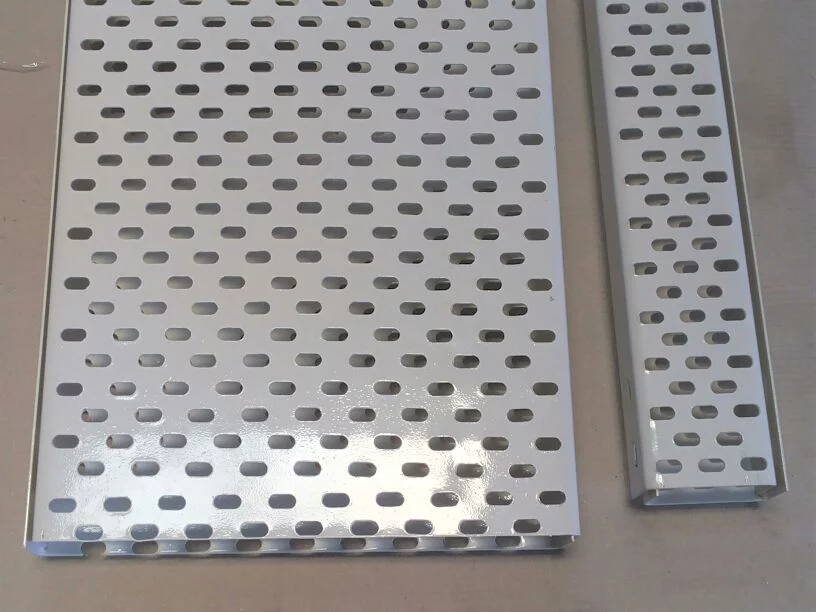Activin is a protein that is involved in many cell processes. It has been shown to play a role in the development of the embryo. It plays a key role in the regulation of cell proliferation. In this blog post, we’ll explore the biology of activin. And, how it can be used to improve cell growth and differentiation. We will also discuss some of the potential applications for activin in medicine and research.
What is Activin?
Activin is a type of protein that is produced by many tissues in the body. It helps to control the growth and development of cells. Activin receptors are found on the surface of cells and interact with activin to cause these changes.
How Activin Works
Activin is a member of the TGF-β superfamily and plays an important role in cell growth and differentiation. Activin signaling plays a major role in embryonic development, and can also promote the growth of cancer cells. Activin is produced by many types of cells, including epithelial cells, myofibroblasts, and endothelial cells.
Activin binds to its receptor, activin receptor type II (ATII), which is expressed on the surface of many types of cells. The activated form of ATII then signals the cell to grow and divide. In addition to activating growth factors such as activin A, activin may also activate other proteins that regulate cell behavior or death.
What are the Effects of Activin on the Body?
Activin is a hormone that plays a role in the development, growth, and maintenance of cells. In humans, activin is produced mainly in the pituitary gland. Activin has been shown to have effects on a variety of tissues in the body, including the skin, hair, muscles, and bones.
Activin has been shown to promote the growth of healthy cells in various organs, including the ovaries and testes. It has also been shown to stunt the growth of some cells and cause them to die. Activin has also been shown to facilitate the movement of cells between different parts of the body.
How to Reduce Activin Levels
Activin is a growth factor that is abundant in the body and plays an important role in cell proliferation. However, too much activin can lead to abnormal cell growth and potentially cancer. There are several ways to reduce activin levels naturally. Including eating a balanced diet, getting enough exercise, and reducing stress levels.
Eating a balanced diet is important for reducing activin levels because it helps to ensure that the body has the nutrients it needs to function properly. Consuming foods that are high in fiber, antioxidants, and vitamins C and E can help to reduce activin levels. Getting enough exercise is also a good way to reduce activin levels because it helps to increase muscle mass and decrease body fat.
Reducing stress levels can also help to reduce activin levels. Stress can cause the body to produce more activin, which can lead to abnormal cell growth. If you are experiencing a lot of stress in your life, consider consulting a therapist or psychiatrist.
Activin Supplements
Activin is a hormone that is produced by the pituitary gland and plays a role in the development of the embryo. Activin has been shown to play a role in cell growth and differentiation, as well as the regulation of tissue remodeling. The use of activin supplements has been shown to increase muscle mass and strength, as well as improve joint function. Activin supplements are available over the counter and can be used by athletes looking to improve their performance.
Conclusion
According to Dr. Uribe, Activin is a powerful protein that plays an important role in regulating the growth and differentiation of cells. It has been shown to play a key role in both the development of the embryo and also the regulation of metabolism. Activin can be used as a therapeutic agent to treat various diseases, including cancer.
Also check some important articles: what is boofing mean | blue dolphin pill











